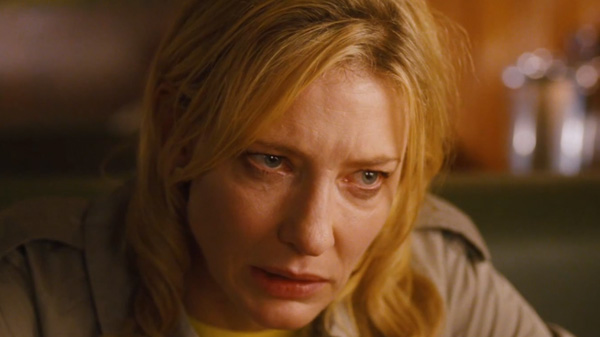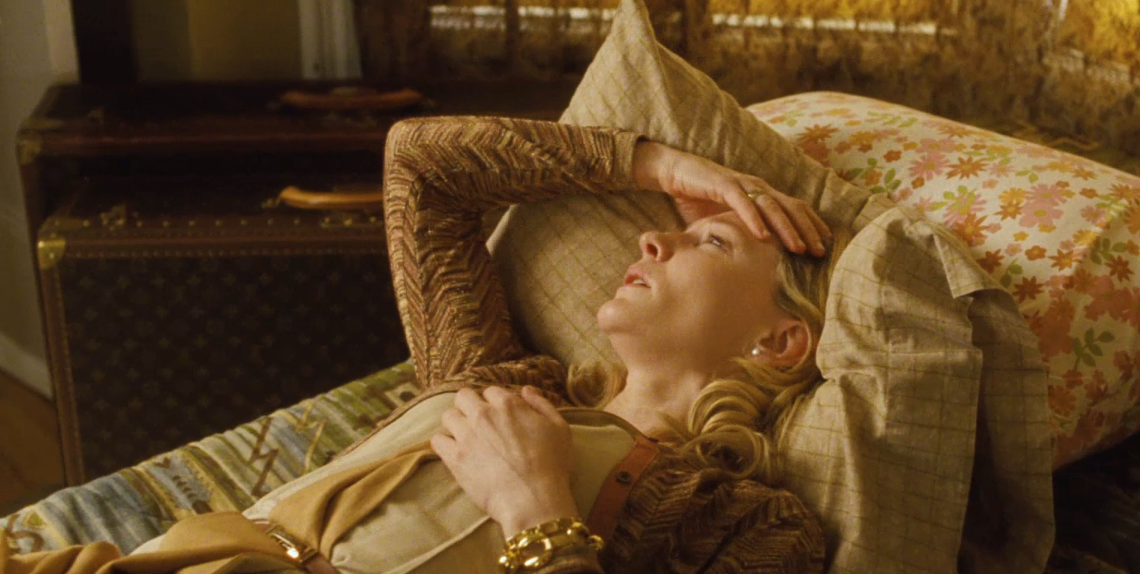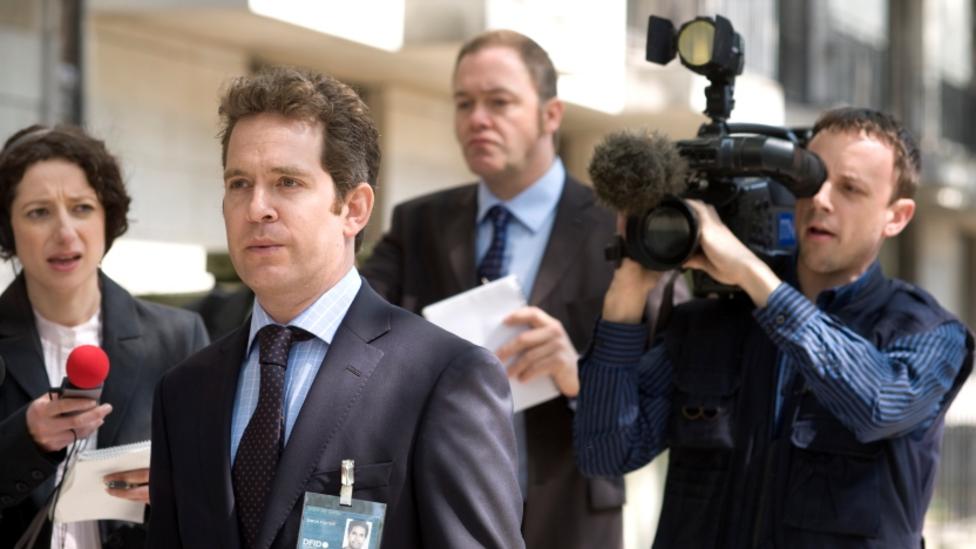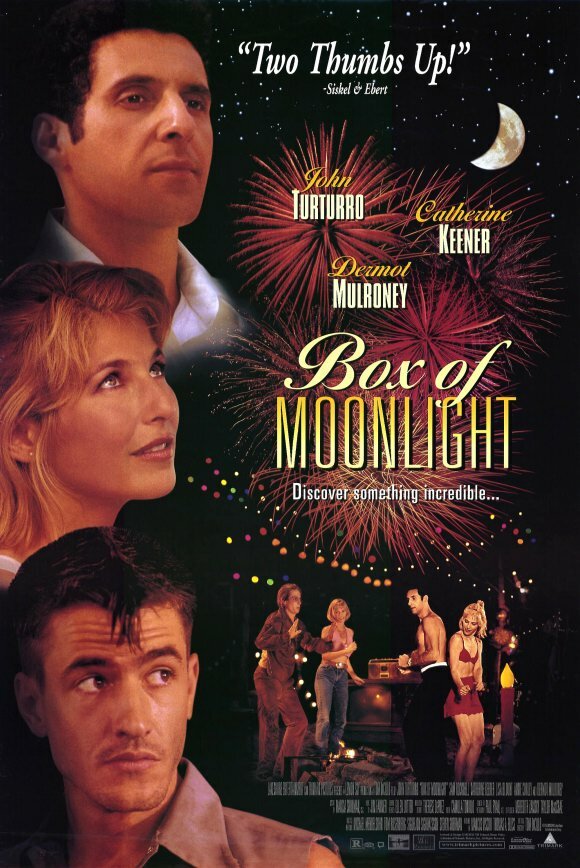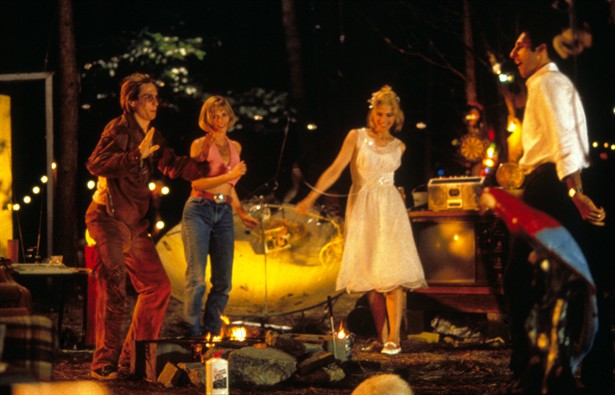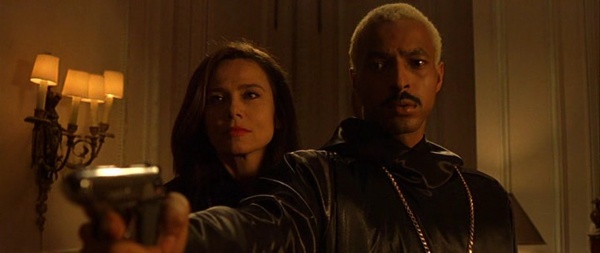Plenty of dazzle, not enough substance
Alfonso Cuaron’s Hollywood career began very well. He
directed “Harry Potter and the Prison of Azkaban”, the first film in that franchise to leave behind Chris Columbus’ sweet but bland ambiance and embrace some
much-needed adult darkness. Cuaron followed
that with the superlative “Children of Men”, one of the best post-apocalyptic
sci-fi stories of the decade. As such, I had high
hopes for “Gravity”, but unfortunately the film falls flat.
Sandra Bullock and George Clooney are astronauts on a routine space mission that suddenly becomes a soundless, airless nightmare. Their shuttle is lost, their crew is killed and they are left floating adrift. The story takes advantage of the fact that the Earth's atmosphere is cluttered with man-made objects, and that each one can provide a potential lifeline or a quick death. However each attempt that the stranded pair makes to save themselves goes awry, and their options for survival shrink quickly.
Being trapped in open space is a lethal scenario. You have limited oxygen, there is nothing to hold on to and no rescue team is coming. You must save yourself. Sandra Bullock tries very hard to appear terrified, but despite her earnest efforts to be seen as a serious actor, I keep waiting for a punch line. She’s like the female version of Tom Hanks. George Clooney’s grizzled veteran also is unconvincing because his constant jokes and unflappable cool are unbelievable given the severity of the circumstances.
“Gravity” also suffers from an over reliance on visual effects to create a sense of danger. The nearly mute scenes of space debris tearing ships and stations apart are terrifying given the realistic sound mix, but the appeal is mostly technical. Several moments also glared in their sole inclusion to appeal to the resurgent 3D trend, and I found them as distracting and irritating as a cell phone ringtone. “Gravity” tries to amaze with a story of a woman finding the courage to live, but the film sinks under the weight of its aspirations, failing to achieve the balance between emotion and calculation. In space, no one can you meh.











